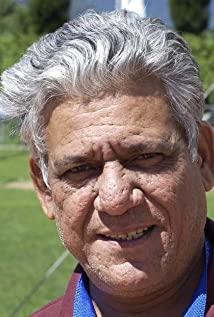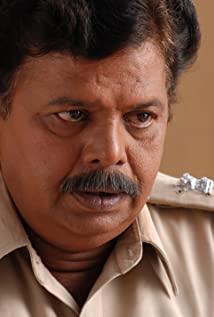The epic film not only records Gandhi's life, but also describes half a century of Indian history. It alludes to the collision between the religion, thought, and cultural traditions of this ancient civilization and the Western civilization represented by the British colonists. Gandhi was a stubborn seer and an idealist, and nonviolent non-cooperation became his claim. He never yields, but he knows the scale. He uses his feet to measure the ancient land, and he uses love to educate people of different beliefs. He wants to impress all people with truth and justice, even at the cost of physical pain and life. He was a leader who pursued national freedom and independence, and a saint who persisted in his ideals and kept searching. If it is said that getting rid of the colonial rule of Westerners conforms to the historical trend, the India-Pakistan split formed by religious beliefs has become a new puzzle that has been swollen and unsolved so far. Small movie, big life, he has a classic quote: When I am desperate, I will remember that in history only truth and love can prevail. There are many tyrants and murderers in history. They may be invincible in the short term, but they will always fail in the end. Think about it, it will always be like this. Through the film, one can feel that regardless of the East and the West, what they have in common at the religious and philosophical level is the idea of benevolence, which is human nature and public opinion. Although there are twists and turns and dangers, the green mountains can't cover it, after all, it flows east. The direction of the human heart ultimately represents the direction of human progress.
View more about Gandhi reviews











